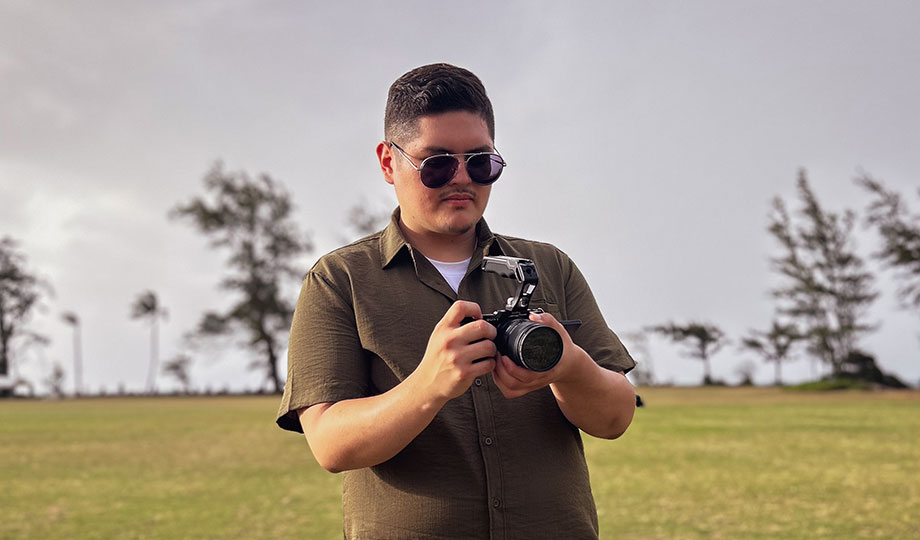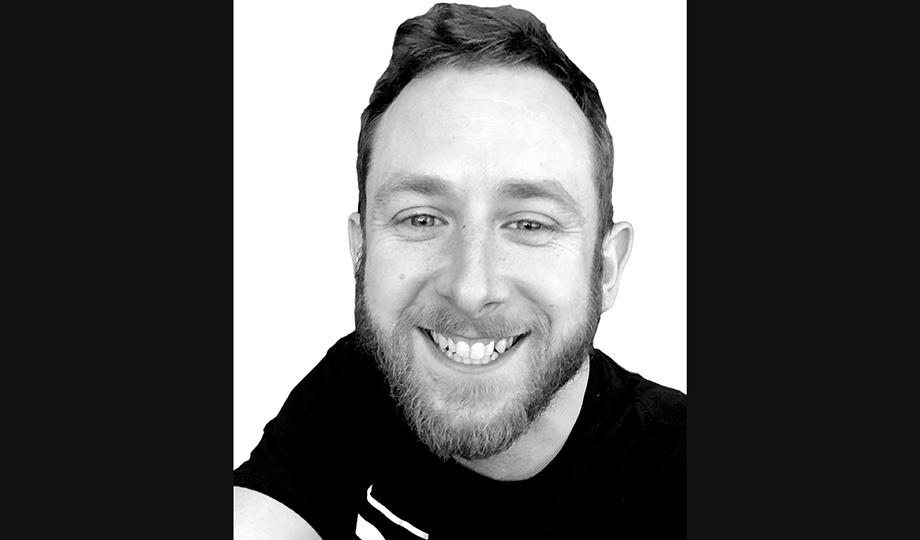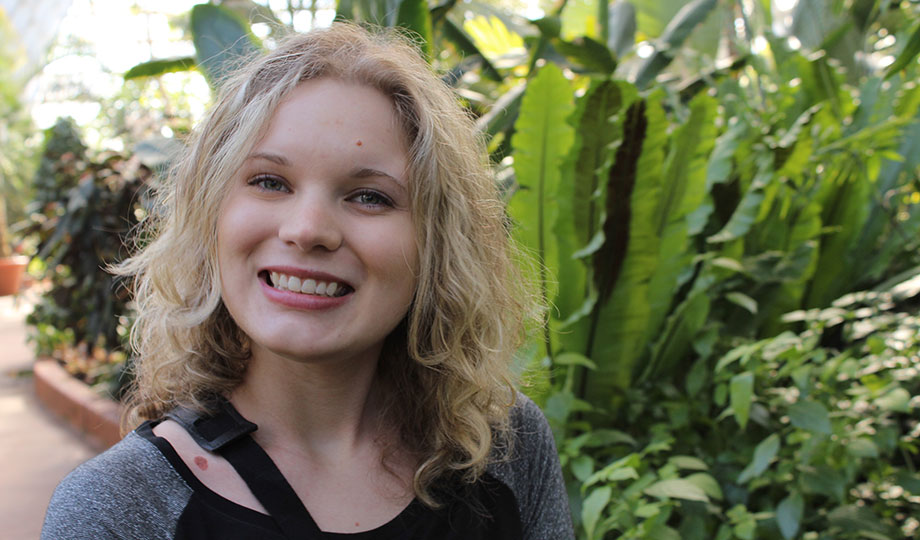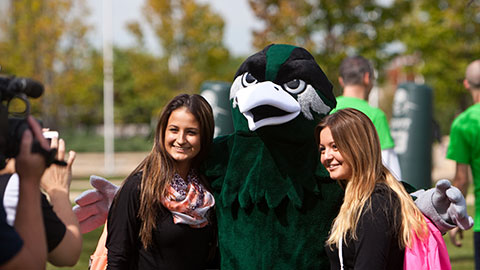The Television Production program is for students who want to work in a broadcast studio setting, creating exciting and informative talk shows, new magazine shows and TV news productions. Television Production is also the place to start for documentary or any type of live, multi-camera production
Learn scripting, pre-production, camera techniques for both studio and on-location events, television control room operation and post-production methods. You’ll also have the opportunity to work on the weekly show “Courier TV News” and the talk show “Inside COD."
Determine Your Path
First-time students seeking this degree should begin with the following MPTV courses: with the Intro class and Introduction to Animation (MPTV 1311). Advanced students should continue with Documentary (MPTV 2233), Photojournalism (MPTV 2231) and Pre-Production (MPTV 2031, Emphasis on TV).
For over 15 years, the Motion Picture/Television program at College of DuPage has been educating and training students in videography, television, animation and documentary filmmaking.
As an MPTV student, you'll find:
- Passionate faculty with award-winning national production credits including Disney, Warner Brothers, Paramount and Universal with degrees from top MPTV programs.
- Smaller class sizes with hands-on learning.
- State-of-the-art film and television studio with multi-camera control room, lighting grid, chroma-key screen, green room and more.
- Computer labs with the latest professional, cross-platform software.
- Audio studios with computers, professional software, mixers and professional microphones.
- Individual computer editing suites for advanced students.
- Professional HD/SD digital video cameras and extensive support equipment.
- Internship and employment opportunities with a broad range of employers in Chicago and the suburbs.
- Articulated transfer programs with several prestigious institutions.
Television Production, Associate in Applied Science
The Television Production, Associate in Applied Science editing for motion picture/television, television studio production, pre-production for motion/picture television and on-location television production.
Motion Picture/Television
The Motion Picture/Television certificate requires 45 credits to completion. Students will take a variety of classes including editing, audio, cinematography, pre-producton, directing, 3D animation and more.
Get Started Today
The first step to getting started in the Animation program is to apply for admission.
Our Academic and Career Pathways give you a roadmap to achieving your career goals. Follow a timeline based on your degree that outlines which classes you need to take and when so you graduate on time or move on to the next phase in your career.
Television Production Degree and Certificate
During the Associate in Applied Science degree program, students will also work toward fulfilling COD’s general education student learning outcomes.
- Plan production using pre-production techniques and materials.
- Recognize technical and aesthetic elements of directing, screenwriting, camera operation, editing, and sound, which mark specific film works, styles, or periods.
- Produce video and audio for the post-production phase of a project.
- Apply principles used in historical works to production.
- Learn how to write for different digital media formats.
- Assemble video and audio to completion of film/video projects.
- Create a unified visual design for a project.
- Prepare students for an entry level position in areas of study.
- Apply visual design rules to techniques used in project creation.
- Construct a portfolio.
- Demonstrate ability to present demo reel to prospective employer.
- Learn research skills.
- Demonstrate an understanding of studio television production technique.
- Perform multi-camera studio directing.
- Develop news programming for a student-produced station, channel or outlet.
College of DuPage has several motion picture/television transfer agreements in place with four-year colleges and universities to save you time, money and make the transfer process easier.
Many of these agreements with other colleges and universities have specific course requirements and a pre-determined course plan that needs to be followed to be eligible to transfer. Contact a program faculty member or academic advisor to learn more as course requirements vary by institution.
Career Information
Explore careers based on your interest, location and salary range or view top occupations by income.






